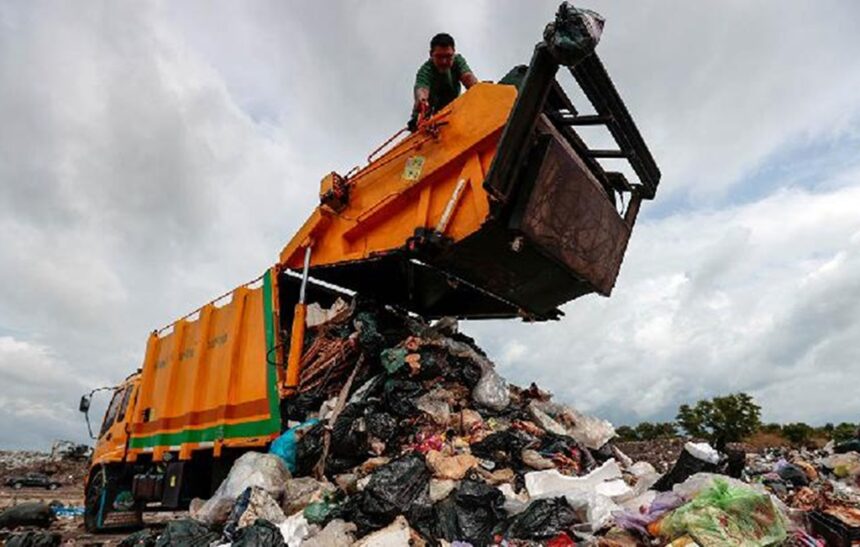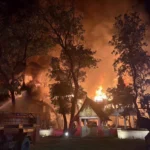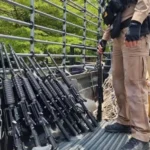Phuket, the premier resort island in Thailand, is currently grappling with a growing garbage crisis that is endangering its reputation as a top tourist destination and the environment.
Inadequate waste management, soaring visitor numbers, and rapid development have resulted in a challenge that local authorities cannot resolve.
Phuket generates over 1,100 tons of garbage daily, far exceeding the capacity of its waste infrastructure. The island’s sole landfill in Saphan Hin has become a sprawling heap of trash, emitting overpowering odours and posing serious environmental risks.
The area’s incinerator, with a daily capacity of 900 tons, cannot keep up, leaving vast amounts of waste untreated. Residents living near the landfill report severe disruptions to daily life, such as constant odours and rising electricity bills from the overuse of air purifiers and air conditioners.
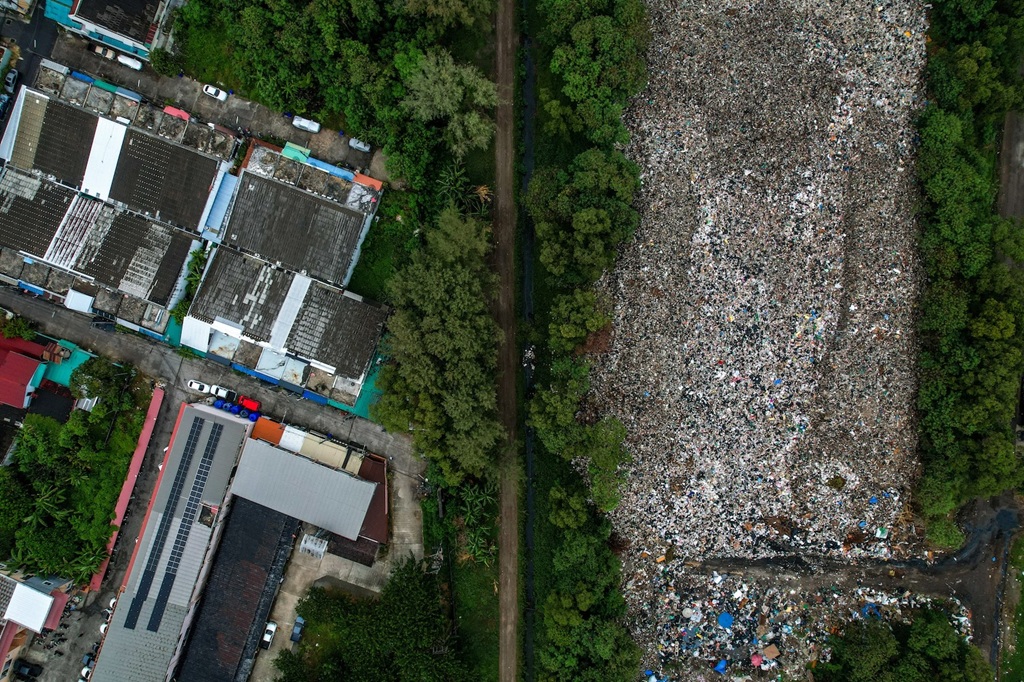
The situation has reached a tipping point. By the end of 2025, waste production is expected to rise to 1,400 tons per day. Without immediate action, this problem could further deteriorate Phuket’s unique ecosystem and appeal as a tourist hotspot.
Tourism is the backbone of Phuket’s economy but is also a key driver of the waste crisis. In 2024, around 13 million foreign visitors flocked to the island, up from 6 million two decades ago.
This sharp increase in tourism has brought about rapid urbanization and development, but it has also skyrocketed trash levels. From plastic bottles to leftover food, the surge in waste highlights the environmental cost of unsustainable tourism growth.
Adding to the challenge is the large number of non-residents and workers from other provinces and countries. While Phuket’s official population is about 418,000, the actual number of people on the island at any given time is much higher. This hidden population contributes significantly to the waste problem.
Despite its waste woes, Phuket recycles only 10% of its garbage. Most of the waste is either sent to the landfill or burned in the incinerator, neither of which are viable long-term solutions. Compounding the issue is the high percentage of organic waste, which is 60%. Without effective separation and composting systems, this organic waste releases harmful greenhouse gases as it decomposes.
Efforts to introduce recycling and waste separation have gained traction but remain in the early stages. The municipality recently piloted a “garbage bank” program encouraging communities to sort and recycle waste. If successful, such initiatives could be expanded to other areas.
Authorities Scramble for Solutions
Local leaders are exploring multiple strategies to tackle the crisis. Plans are underway to expand the Saphan Hin landfill and construct a second incinerator, but these projects are expected to take two to three years to complete. In the meantime, authorities are partnering with private companies to convert waste into fuel and working with NGOs to address organic waste management.
Experts, however, warn that simply increasing incineration capacity won’t solve the underlying problem. Waste reduction and better separation practices are essential for long-term success. Without these measures, the island could remain trapped in a cycle of waste accumulation and environmental degradation.
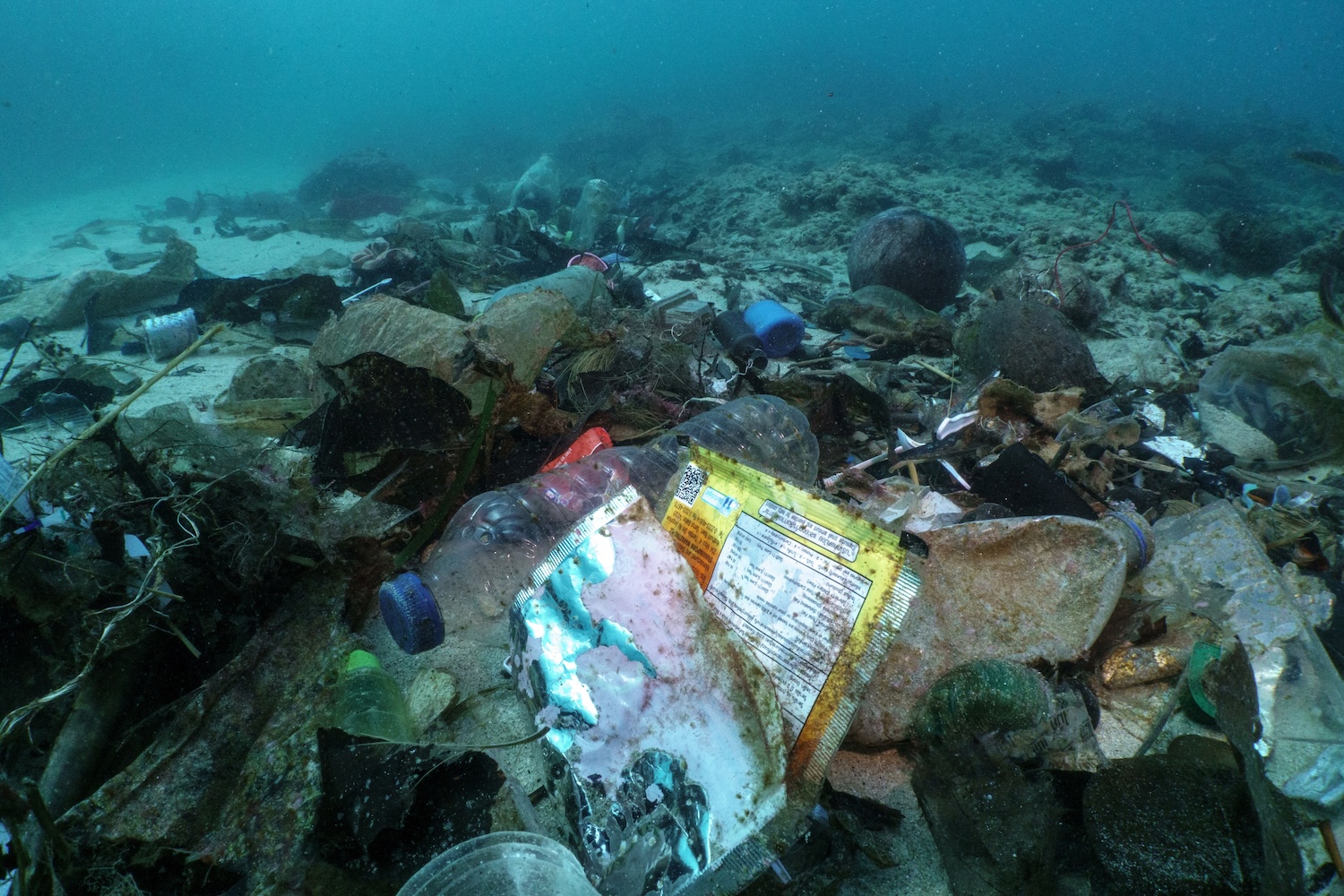
The Environmental and Health Impact
Phuket’s waste crisis isn’t just a logistical issue; it’s a serious environmental and public health threat. Plastic waste has spread beyond landfills, littering the island’s famous turquoise waters and sandy beaches. Pollutants threaten marine life, and the island’s reputation as a pristine paradise is in jeopardy.
Residents near waste sites face constant exposure to foul odours and health risks. Like those in the Saphan Hin community, many are forced to endure life with windows shut and air purifiers running constantly—a costly and unsustainable lifestyle adjustment.
Building a Sustainable Future
Expanding infrastructure and changing behaviours are the keys to solving Phuket’s garbage crisis. Authorities must prioritize waste reduction initiatives, such as promoting reusable packaging and educating residents and tourists about proper waste disposal.
Collaboration is key. Governments, businesses, and local communities must collaborate to implement sustainable waste management practices. Tourists, too, can play a part by being mindful of their waste and supporting eco-friendly businesses.
Efforts should also focus on completing projects like composting facilities and improved recycling programs. Success will require both immediate action and long-term planning to strike a balance between development and sustainability.
Related News:
Your Ultimate Guide to Exploring Phuket in 2025

Geoff Thomas is an award winning journalist known for his sharp insights and no-nonsense reporting style. Over the years he has worked for Reuters and the Canadian Press covering everything from political scandals to human interest stories. He brings a clear and direct approach to his work.




